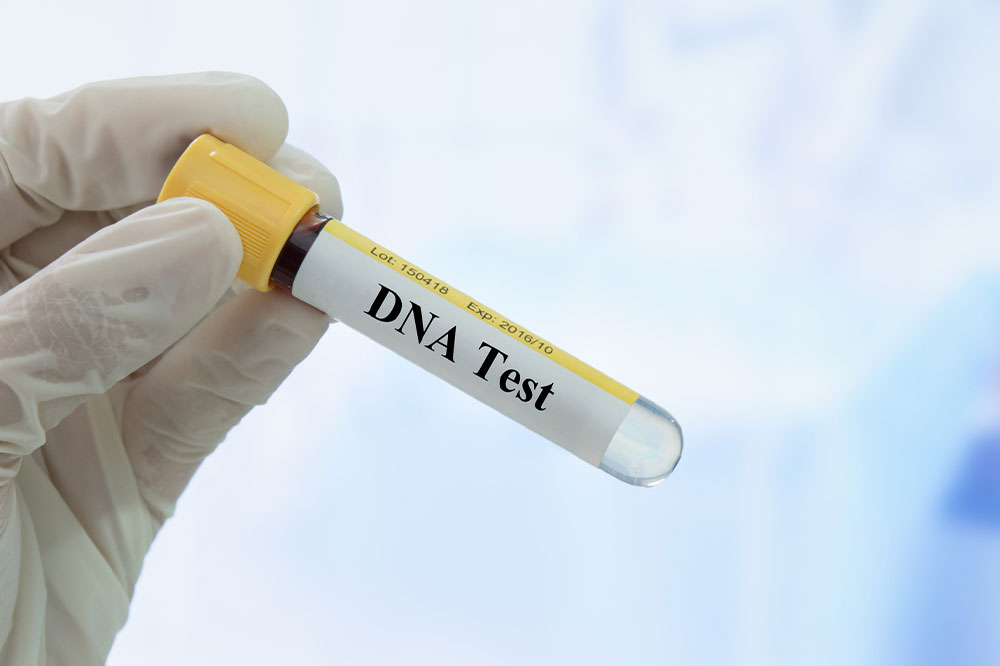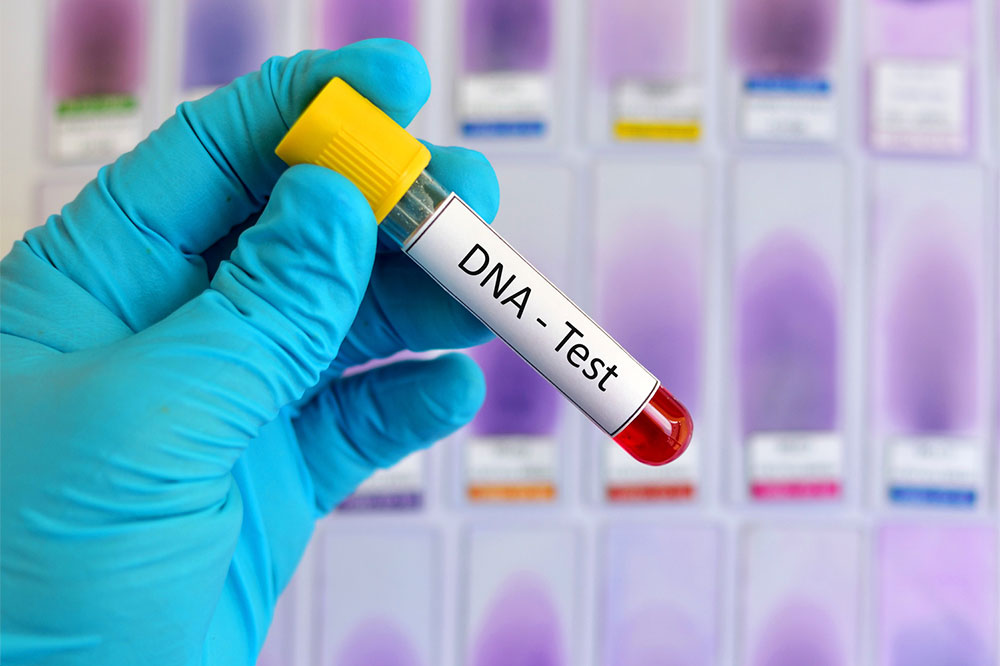Comparing Vitagene and AncestryDNA: Key Differences Explained
This comparison highlights the main differences between Vitagene and AncestryDNA, focusing on usability, testing features, data accuracy, privacy, additional services, and pricing. Both firms offer reliable genetic testing, but Vitagene's health insights and data upload options provide additional benefits, while Ancestry® specializes in comprehensive ancestry analysis. Your choice depends on whether you prioritize health reports or detailed lineage insights, with considerations around cost and data security. Read on to determine which service suits your needs best.

Genetic testing today extends beyond ancestry tracing, offering insights into health-related risks by analyzing your DNA. This information can empower you to make better health choices, prepare for potential issues, or prevent illness altogether. Easy to use, DNA kits can be ordered online with simple at-home collection methods—either a saliva sample or cheek swab—and you send them back via prepaid mail. Results are accessible online, making the process straightforward and convenient.
Several popular companies, including MyHeritage DNA, LivingDNA, Ancestry®, Vitagene, and 23andMe, offer DNA testing services. Here, we compare Vitagene and Ancestry® to help you choose which provides better value for your needs.
Ease of Use
Both brands prioritize user-friendliness. Ancestry® offers a simple kit with an all-in-one saliva collection tube, prepaid mailing, and a unique activation code for secure access. Just deposit saliva, send it back, and view results online. Vitagene’s process is similar, but uses a cheek swab instead of saliva collection, with results available online after submitting the sample.
Testing Capabilities
Ancestry® specializes in autosomal testing, providing detailed insights into both parental lines for a comprehensive ancestry profile. The kit is gender-neutral and includes markers for Native American ancestry. Vitagene also features autosomal testing, alongside insights into ethnic composition and health traits, offering a broader scope beyond ancestry, including health-related data.
Data Accuracy and Authenticity
Accuracy is vital when it comes to genetic results. Vitagene boasts one of the largest genetic databases worldwide, employing genotyping to estimate ancestry reliably. Ancestry® uses advanced scientific methods, cross-verifying over 700,000 genetic markers globally for precise results, ensuring high data trustworthiness.
Privacy Measures
Protecting your DNA data is crucial. Both companies require activation codes for report access, ensuring secure viewing. Vitagene stores data anonymously on their servers for enhanced privacy. Ancestry® maintains a searchable database but allows users to control and delete their data if desired, safeguarding user information.
Additional Testing Options
While Ancestry® offers only ancestry testing, Vitagene provides health-focused analyses, including vitamin deficiencies, allergen sensitivities, and potential health risks—valuable for proactive health management.
Pricing Structures
Vitagene offers DNA testing packages starting at $99, with various options like the Premium $169 or Vitality Bundle at $259, which includes health analysis and skin reports. uploading existing DNA data costs $49 for analysis. Ancestry® maintains a straightforward pricing: $99 for the kit, with shipping costs of $9.95 initially, and subsequent kits at $99 each with lower shipping fees. Both options provide affordable basic testing; Vitagene’s additional health services present greater value if health insights are desired.
Final Thoughts
Both companies deliver quality results, but your choice depends on your priorities. Vitagene offers comprehensive reports and health insights, plus options to upload existing DNA data, reducing costs. Ancestry® excels in detailed ancestry analysis with its extensive database. Consider your budget and whether health data is important when choosing the right service.
Disclaimer: Our articles aim to provide useful information based on research. However, for personalized advice or the latest offerings, consult official sources or professionals. We do not guarantee accuracy and recommend verifying details independently.








